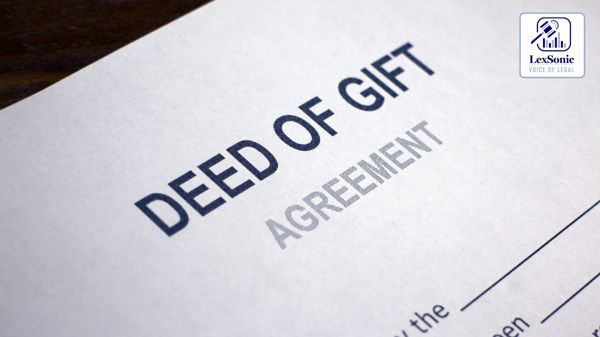Gift Deed Battle Continues: Heir Challenges High Court Decision.
20 March 2024
Gift Deed >> Personal Law | Property/Real Estate Law >> Property & Real Estate
A recent Delhi High Court case has reignited a dispute over a cancelled gift deed. The case involves a senior citizen, Ms. Satya Rani Chopra, who sought to revoke a gift she had previously bestowed. After a favorable ruling from the Maintenance Tribunal, the recipient of the gift challenged the decision in the High Court. Now, the deceased Ms. Chopra's legal heir is taking the fight a step further by contesting the High Court's judgment. This article delves into the intricacies of the case, exploring the legal wrangles surrounding Articles 226 and 227 of the Indian Constitution and the ultimate right to appeal the case.
Background:
According to court documents, Ms. Chopra filed an application before the Maintenance Tribunal, a judicial body that handles cases related to the well-being of senior citizens. In her application, Ms. Chopra sought to cancel the gift deed. The Maintenance Tribunal ruled in her favor, effectively revoking the gift.
Challenge to the Tribunal's Order:
The recipient of the gift deed, identified as Respondent No. 1, contested the Maintenance Tribunal's decision. They filed a writ petition in the Delhi High Court, invoking Articles 226 and 227 of the Indian Constitution.

Understanding Articles 226 and 227:
- Article 226 empowers the High Court to issue writs, such as certiorari, to enforce fundamental rights.
- Article 227 grants the High Court supervisory jurisdiction over tribunals and lower courts.
Arguments Presented:
The crux of the case revolved around whether the legal heir of Ms. Chopra (now deceased) could appeal the High Court's judgment. The key question was under which Article - 226 or 227 - did the High Court exercise its authority.
High Court's Reasoning:
The High Court clarified that it can operate under two jurisdictions:
- The writ petition filed by Respondent No. 1 mentioned both Articles.
- While delivering the judgment, the High Court primarily focused on whether the Maintenance Tribunal had overstepped its boundaries.
- This approach, the court explained, resembled the purpose of a writ of certiorari issued under Article 226.
Conclusion:
Based on this reasoning, the High Court determined that it had exercised its power under Article 226. Consequently, the legal heir of Ms. Chopra retained the right to file an appeal against the judgment. The High Court dismissed the initial objection raised by the recipient of the gift deed regarding the appeal's validity. This paves the way for the legal heir to challenge the High Court's decision on the merits of the case.
Constitution of India, 1950 Maintenance and Welfare of Parents and Senior Citizens Act, 2007
